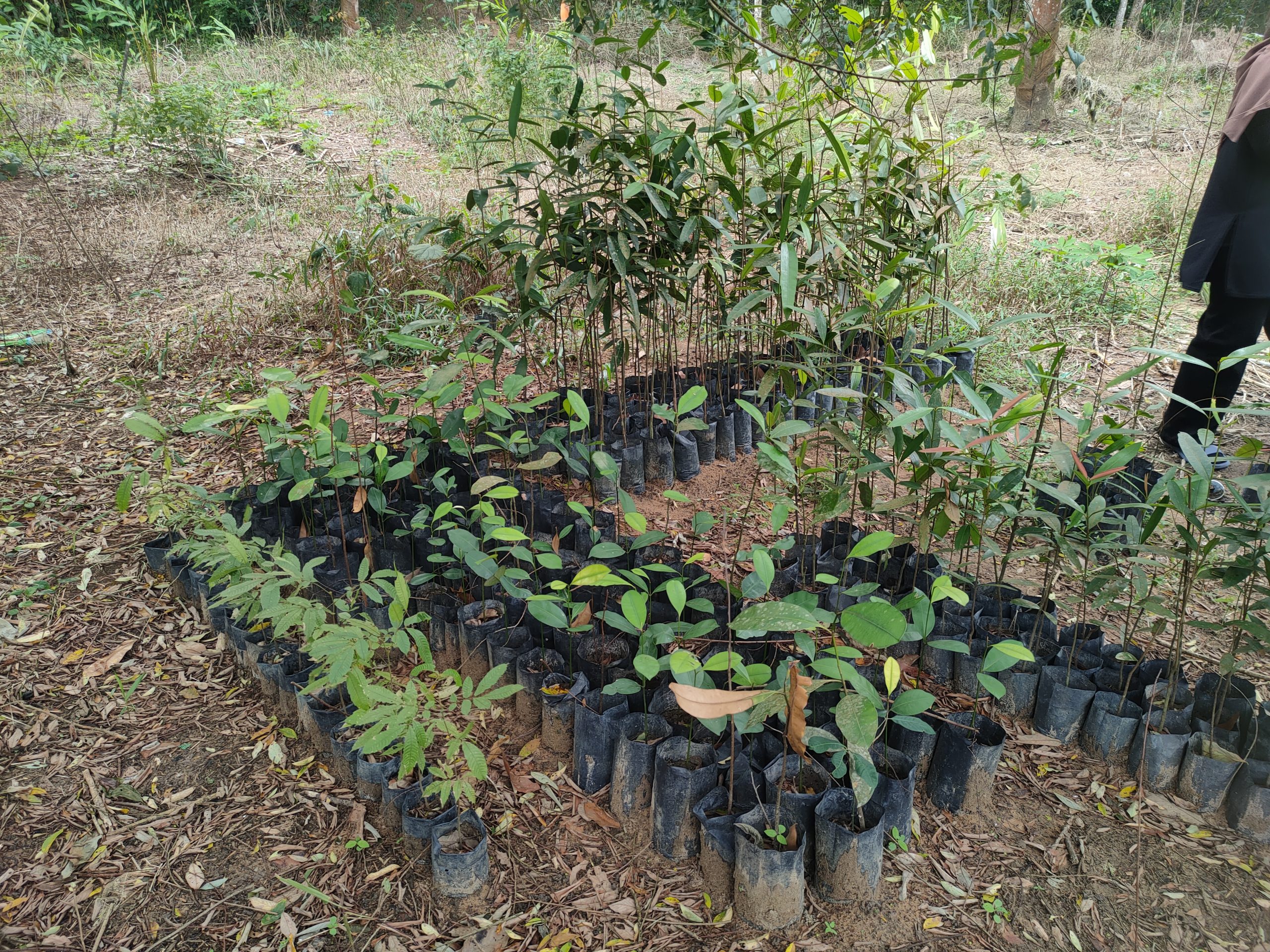
PETALING JAYA, 25 June 2025: After the successful completion of Phase 1 to “Support Peatland Rehabilitation and Conservation in Southeast Pahang Peatland Landscape” undertaken in November 2019 till March 2020, Bunge has decided to further support “Fire Prevention, Forest Rehabilitation and Community Welfare in Western Portion of the Southeast Pahang Peatland Landscape (SEPPL)’. GEC and Bunge have already commenced the Phase 2 activities in Q1 2025 and hope to see it to its completion by December 2029.
The project’s five-year plan adopting Nature-based Solutions (NbS) approach will include the maintenance of the existing rewetted area and expansion of the forest rehabilitation programme, the continued support and expansion of community-based patrolling programme, as well as to support the livelihood and welfare activities of the Indigenous People and Local Communities (IPLCs) in this area.
The SEPPL is the largest peatland area in Peninsular Malaysia covering 230,000 hectares (ha) of which about 110,000ha is still covered with peat swamp forests of global significance for biodiversity and climate mitigation. This landscape is still home to at least 19 villages of indigenous aboriginal (Orang Asli) community of Jakun tribe. As well as other peatland landscapes, drainage is still the main threat to degradation of the peatland area which eventually leads to high risk of peatland fire especially during the El-Nino season due to peat soil dried up and organic material easily combustible.
The first phase of the project helped support the maintenance of canal blocks and replanted area within the Bukit Leelau Mini Landscape (BLML), support community-based patrolling programme, develop sustainable livelihood options (e.g. bee-keeping and mushroom farming) and support on installation of solar powered system in one of the sub-villages. The community patrolling and fire prevention measures continued between 2020 to 2024 through support from other parties. One of the key milestones achieved under Phase 1 of the project is the absence of peat fires at the project sites since the joint-multistakeholder intervention.
Hence, the further monitoring and follow-up support under Phase 2 is pivotal to achieve an optimum level in conservation and rehabilitation, as well as further strengthening partnerships with the indigenous communities and other stakeholders, as well as sustain the zero peat fire occurrence of Phase 1 area and reduce fire risk throughout the project duration in Phase 2.
In terms of supporting the maintenance of the existing rewetted areas, this will entail block assessment and maintenance throughout this phase. Additionally, it would also include expansion of rehabilitation measures (rewet and rehabilitation), construction of new canal blocks, planting of 1,000 tree saplings and its maintenance, and a biodiversity assessment at the start and end of the phase.
The project also supports the continuation and expansion of the community-based patrolling programme at the project site. This includes long-term engagement and upskilling of an existing team of dedicated community patrollers in three villages in addition to new patrollers to be engaged in two villages to carry out regular patrolling for the next five years. The team will be involved in activities such as community and site assessment, continuous monitoring and upgrading of the tools and equipment, as well as training and capacity building of these patrollers.
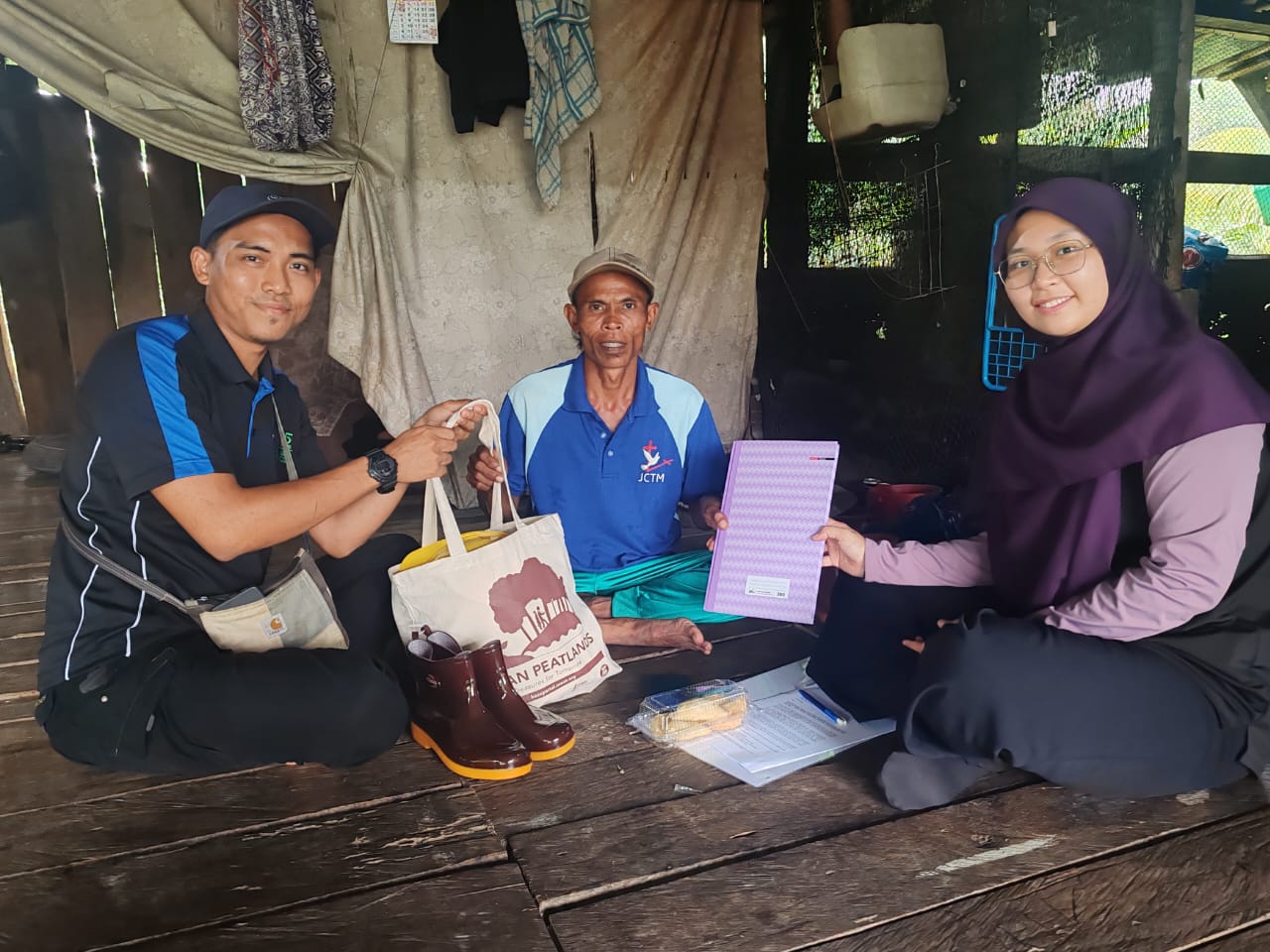
GEC will also continue to organise Communication, Education and Public Awareness (CEPA) Programme over the next four years, in collaboration with stakeholders including government agencies, private sector and local communities.
To support the livelihood activities of the IPLCs in this region, particularly those who are instrumental in driving this project, Bunge and GEC will look into the development of implementation of a livelihood programme. Based on a needs assessment carried out this year, they will host a capacity building session, which will be launchpad for some pilot activities within the next four years. In preparation to that, GEC has set up a pilot livelihood activity (vegetable farming) at GEC home office and two villages with the Orang Asli members to create alternative income and enhance food security.
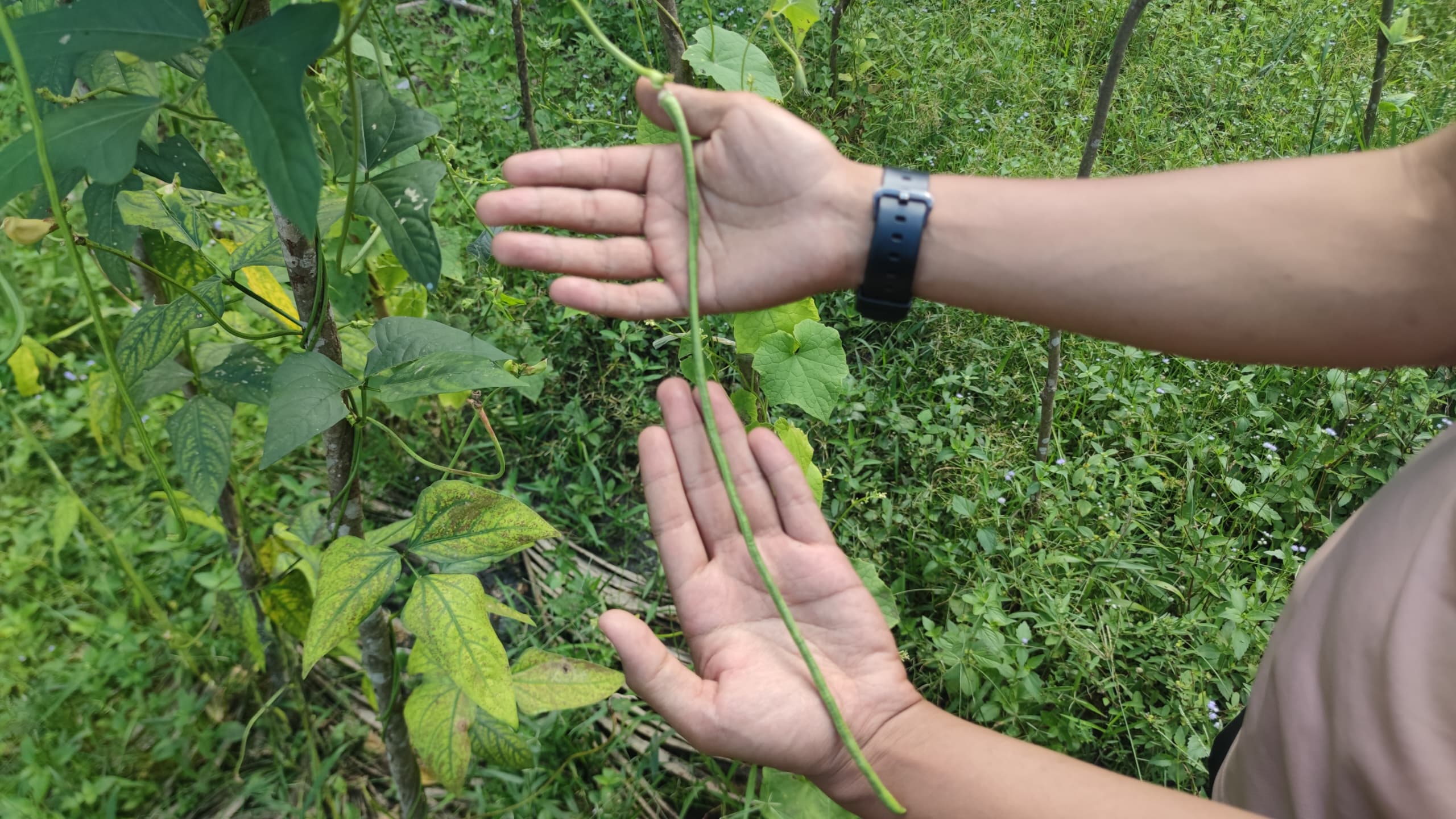
In efforts to enhance community welfare, Bunge has also committed to provide 50 solar light portable sets and water filters for the local communities. Additionally, the communities here will receive 1,300 food baskets annually over the next four years, as part of preparation for monsoon season that limits road access.
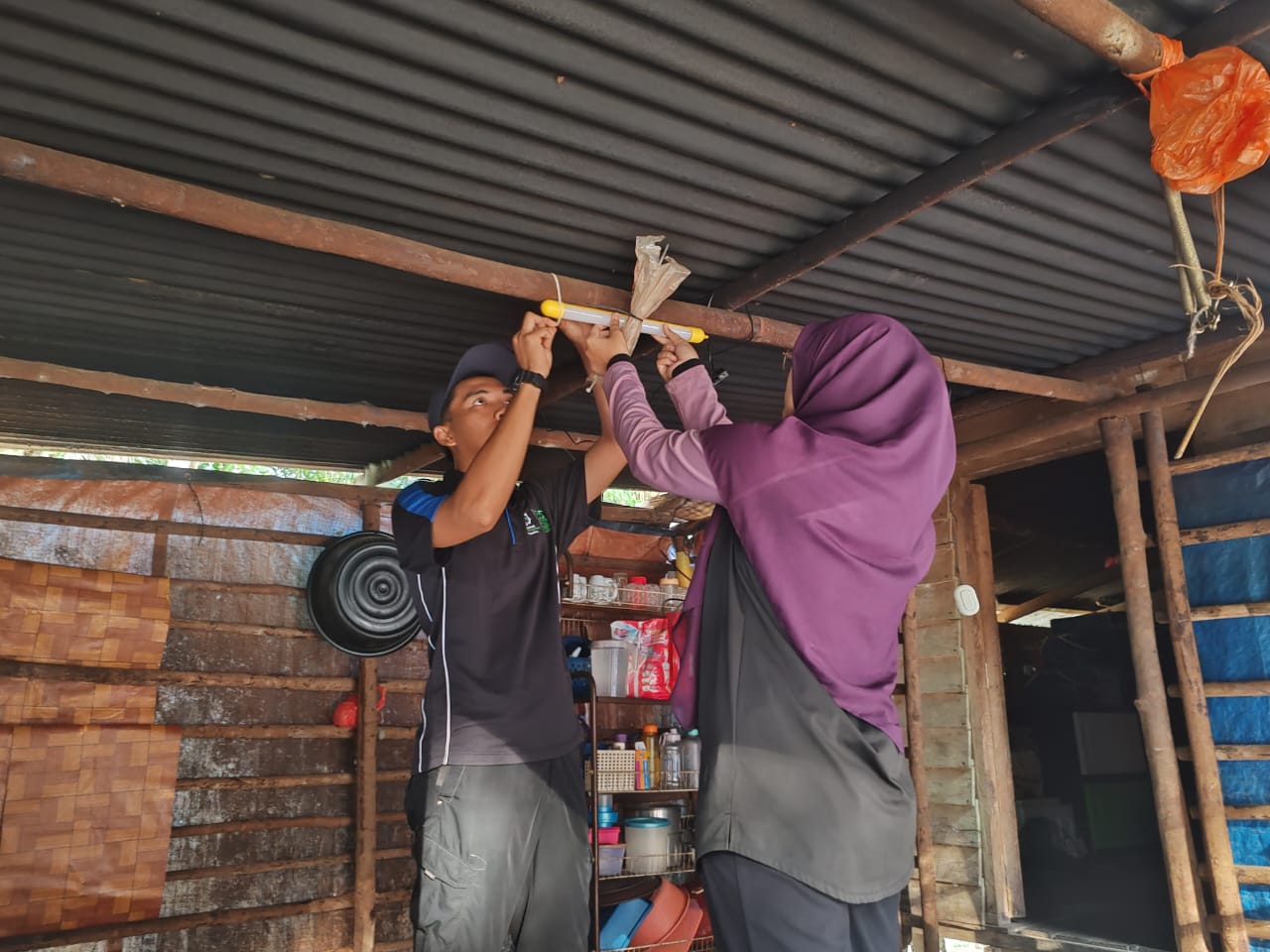
Through this Phase 2 of the project, Bunge hopes to support some of the United Nations Sustainable Development Goals namely: SDG 1 No Poverty; SDG 2: Zero Hunger (Food baskets); SDG 3 Good Health and Well-being; SDG 6: Clean Water and Sanitation (Water filter and water quality test); SDG 7: Affordable and Clean Energy (solar light); SDG 13: Climate (fire prevention); SDG 15: Life On Land (reforestation and rewetting, biodiversity assessment) and SDG 17: Partnerships for the Goals.
END
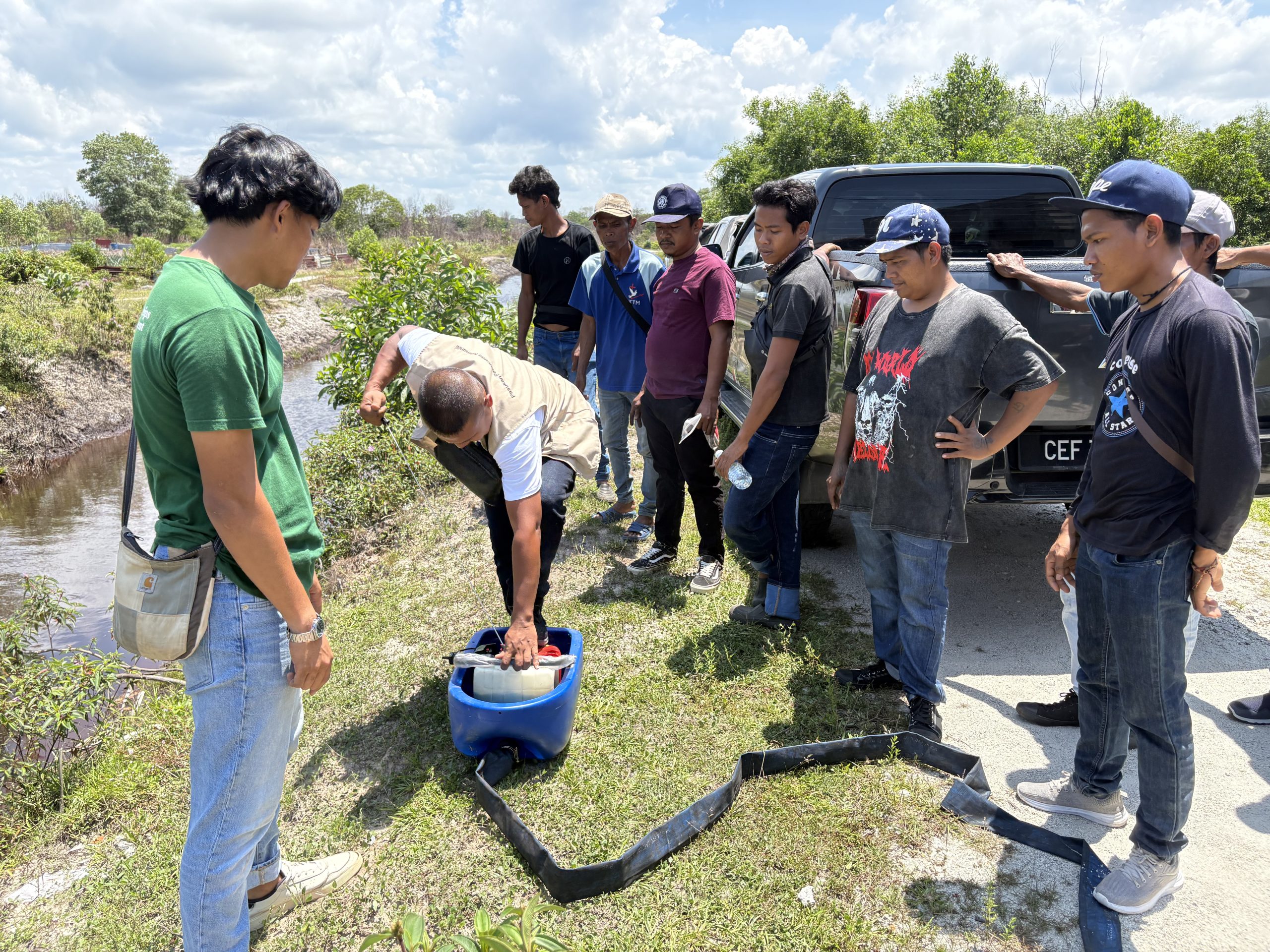
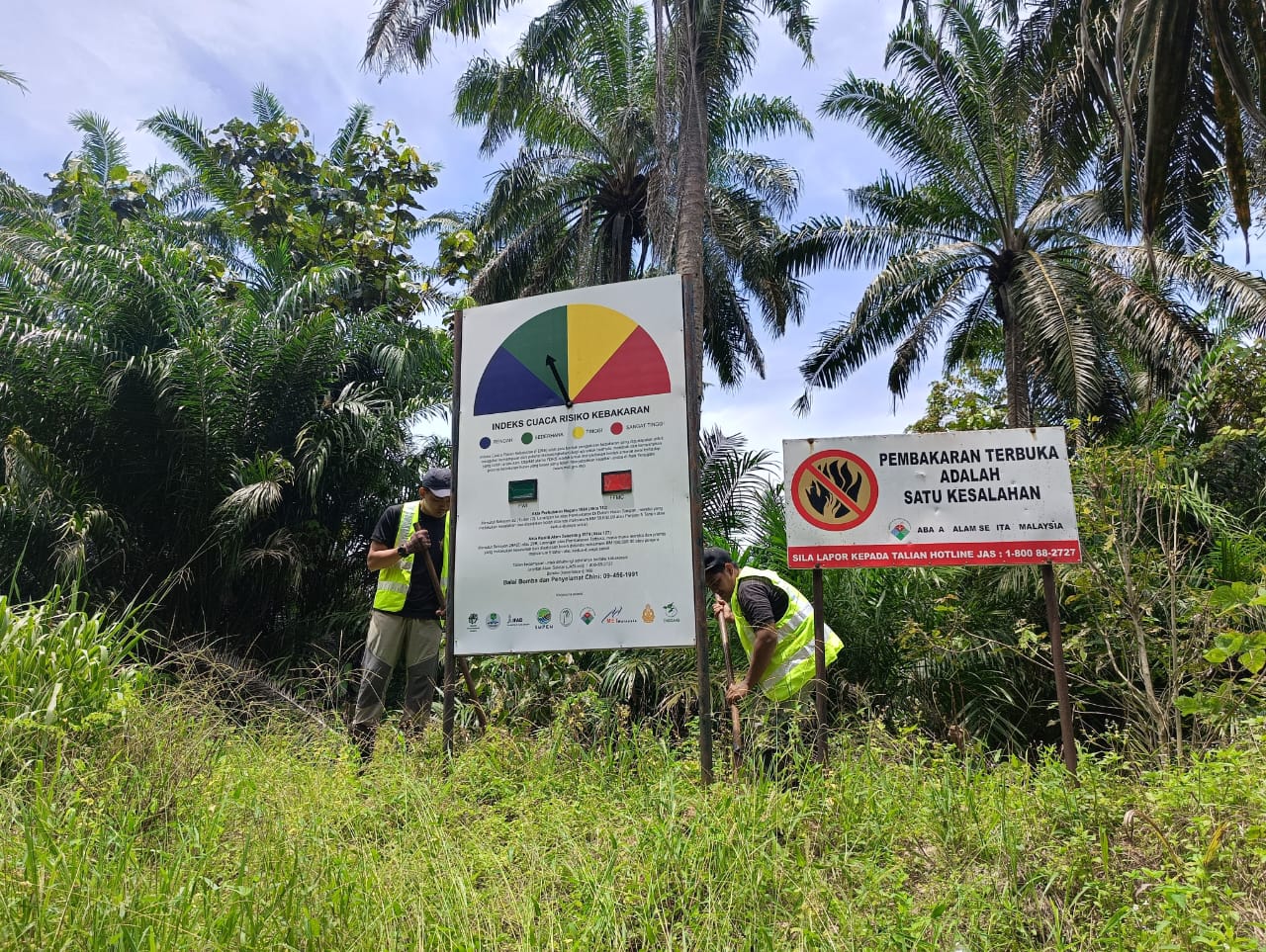
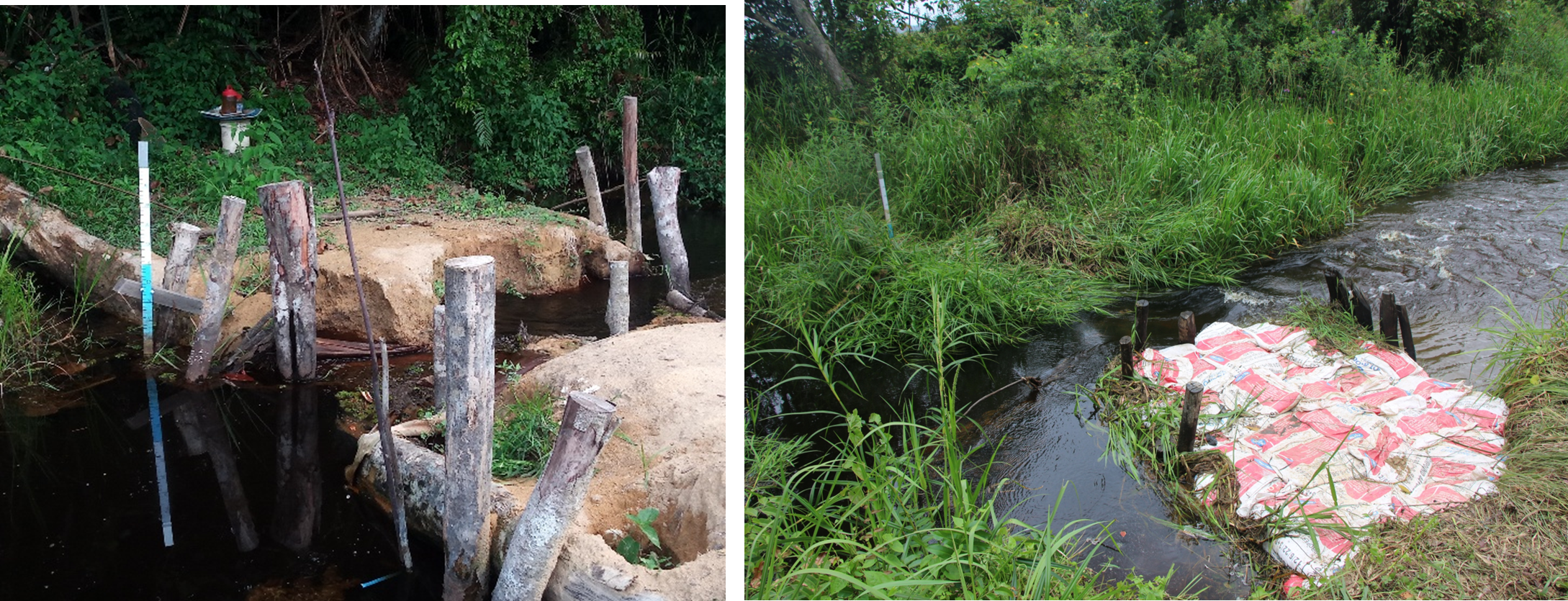
About Global Environment Centre (GEC)
Global Environment Centre (GEC) is an award-winning Malaysian non-profit organisation established in 1998 to work on environmental issues of global and local importance. It was recognised by the Malaysian Ministry of Energy and Natural Resources in 2020 as a role model for non-governmental organisations (NGO) for its mangrove forest rehabilitation efforts and in 2022 was awarded the 2022 Merdeka Award in the Environment Category. GEC has been working on peatland protection and management for the past 27 years and has been formally recognised by the governments of the ASEAN Member States as the Technical and Operational Support Partner of the ASEAN Peatland Management Strategy 2006-2020 and 2023-2030. GEC has also had more than 25 years’ experience working in oil palm related sector including acted as co-chair of the Roundtable on Sustainable Palm Oil Peatland Working Group (2009-2012 and 2017-2020) and existing member of RSPO Malaysia National Interpretation Working Group.
About Bunge
At Bunge (NYSE: BG), our purpose is to connect farmers to consumers to deliver essential food, feed and fuel to the world. With more than two centuries of experience, unmatched global scale and deeply rooted relationships, we work to strengthen global food security, increase sustainability where we operate, and help communities prosper. As the world’s leader in oilseed processing and a leading producer and supplier of specialty plant-based oils and fats, we value our partnerships with farmers to bring quality products from where they’re grown to where they’re consumed. At the same time, we collaborate with our customers to develop tailored and innovative solutions to meet evolving dietary needs and trends in every part of the world. Our Company has its registered office in Geneva, Switzerland and its corporate headquarters in St. Louis, Missouri. We have approximately 23,000 dedicated employees working across approximately 300 facilities located in more than 40 countries.
